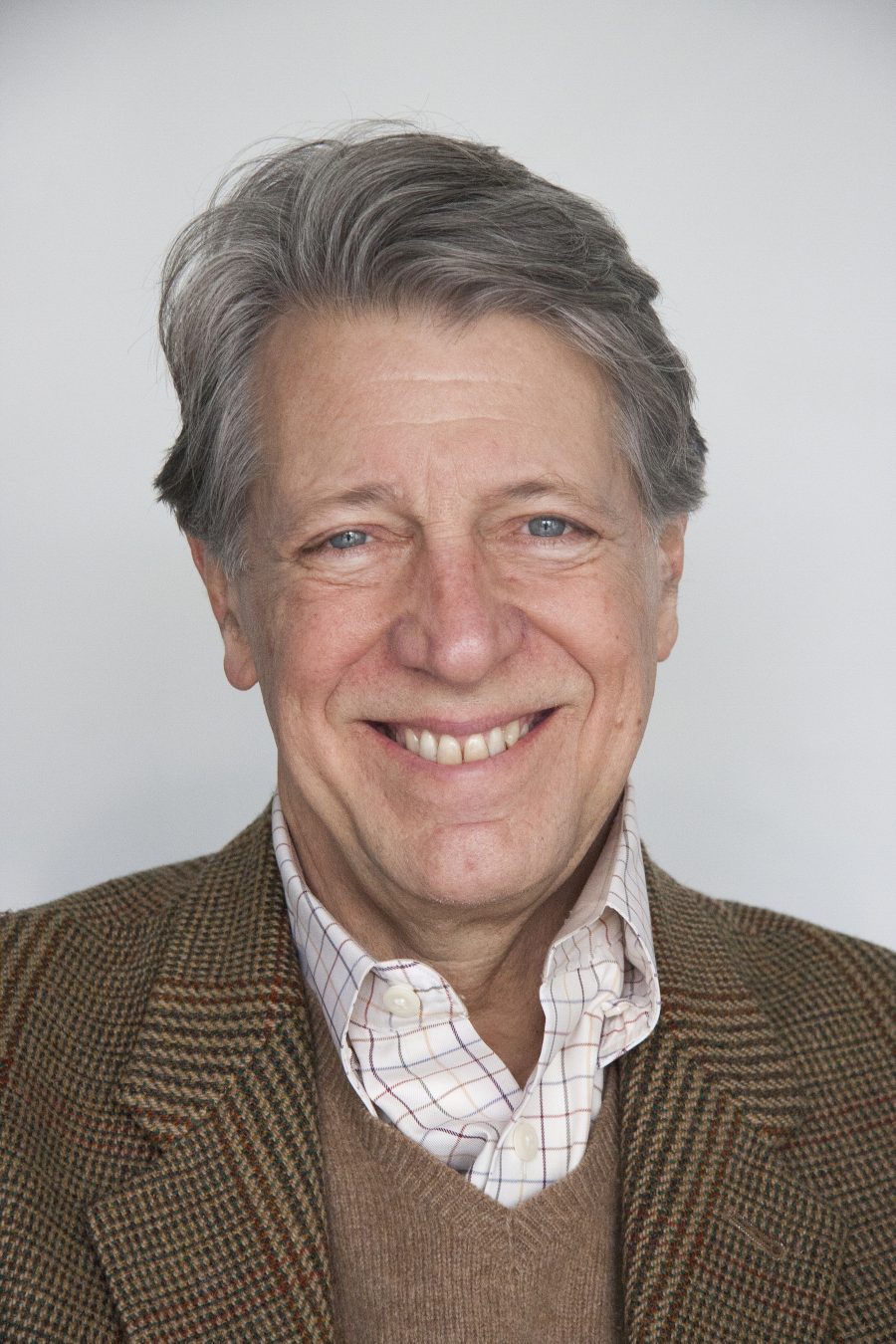“On Reading the Application” is a recurring series that goes behind the scenes in the Admissions Office at Bard College Berlin.
When applying to colleges, it’s easy to forget there are human beings on the other side of the application portal. Not all college admissions offices are alike, and Bard College Berlin’s approach to college admissions is especially unique. This series hopes to demystify the application process by speaking openly to the people who read your applications.
This week, we’re speaking to Ted O’Neill. Ted is the Acting Head of Admissions for Bard College Berlin in 2018. As Acting Head of Admissions, he not only reads applications, but travels the world to meet with prospective students and college counselors. In his free time, he loves to read and cook with his InstantPot. He’s currently reading W.G. Sebald’s The Rings of Saturn and Charles Dickens’ Our Mutual Friend.
Ted will be in Greece, Turkey, Canada, and the United States (Oregon, Michigan, Illinois, Maryland, District of Columbia, New York, Washington, and Wisconsin) this fall. Keep track of Bard College Berlin’s travel schedule here: Berlin on the Road.
On having a “why”:
No one is likely to apply to BCB by accident or casually. We’re seeking someone who’s thought this through. That doesn’t mean they have all the answers, but we’re not looking to read a generic, proforma application.
Students might be surprised to hear how seriously we take the motivation statement. It seems like a trivial part of the application, but we’re truly interested in why students are interested in Bard College Berlin. We want to hear them out on that.
This is because we assume students will be happier if they know what they’re getting into. We want them here for good reasons. Are the students able to articulate what’s special about this education? We’re in a different place, that’s one thing. Berlin is an exciting city. But we really educate differently, too. We want to see some indication of an understanding of that, as well as some interest in the liberal arts, whatever the phrase “liberal arts” means to the student.
On standard applications:
I’ve got some issues with “common” applications. Unfortunately, they aren’t set up to reveal anything about the college’s personality. By definition, it’s generic. Sure, it makes things easy for people, but “making things easy” isn’t always ideal when you’re doing something of crucial importance.
The Common App, for example, asks for information we aren’t necessarily interested in. It asks questions in ways we wouldn’t ask them, and encourages a certain kind of writing we don’t necessarily want. That does students a disservice, as they should be told at every moment about the place they’re applying to. We try to work within and against those constraints and hope students do, too.
On evaluating applications:
The applicant constructs, and we reconstruct, a character. It’s not fiction, but it is a narrative, and we try to understand the story being told. If you’re funny and have a sense of humor, let it show. But we welcome seriousness, too. Don’t be afraid to get sentimental. We’re aiming for a coherent notion of a person. It’s a reading exercise for us and a writing exercise for the student.
A lot of people believe test scores are more important than they are. Here, they truly mean very little. Students probably hear this all the time, but it’s true. When we look at transcripts and academic history, we ask: was this student ambitious? Did they succeed? If not, is there some kind of progress from less to more success? When we read recommendations, we get an idea of how the student contributes in class.
Unfortunately, way too many schools seek (and find) way too many applications, leaving the schools too little time to properly consider each applicant. Students might be surprised at how much time BCB Admissions puts into reading each application. Our job is to make it more likely that the seminars will work—that the College will work. One way of thinking about our job at Admissions is that we are choosing students for the professors we have.
On the liberal arts:
A lot of people assign different meanings to liberal arts, and the phrase is under some dispute. But generally we look for students who are interested in the entire world, who want to know how things work.
If you want to pursue the liberal arts, you have to be willing to do things that aren’t the things you’re already good at. You also have to do things with other people, together. You don’t do the liberal arts alone. You do it with partners, with teachers, with fellow inquirers. You have to talk about ideas as a member of a group.
It’s a very ambitious undertaking, this attempt to be encyclopedic in our knowledge of the world. And we won’t ever accomplish that entirely. But we like to see that kind of curiosity and ambition.
On learning at BCB:
Education is doing things together, and the education here is especially communal. It’s not unimportant that this is an international community and that people come from all over the world, from totally different backgrounds. It’s important that different voices be expressed around a seminar table.
It’s not just that classes at BCB are small, though that’s important, but the fact that students and faculty are focused on things that have, over time, been considered “important.” The Core curriculum isn’t intended to cite things that certain smart people have said. Instead, it gives students a repertoire of methods for approaching things. We’re learning inquiry, not just material.
As spoken in conversation with Patty Nash, Admissions Assistant at Bard College Berlin.

